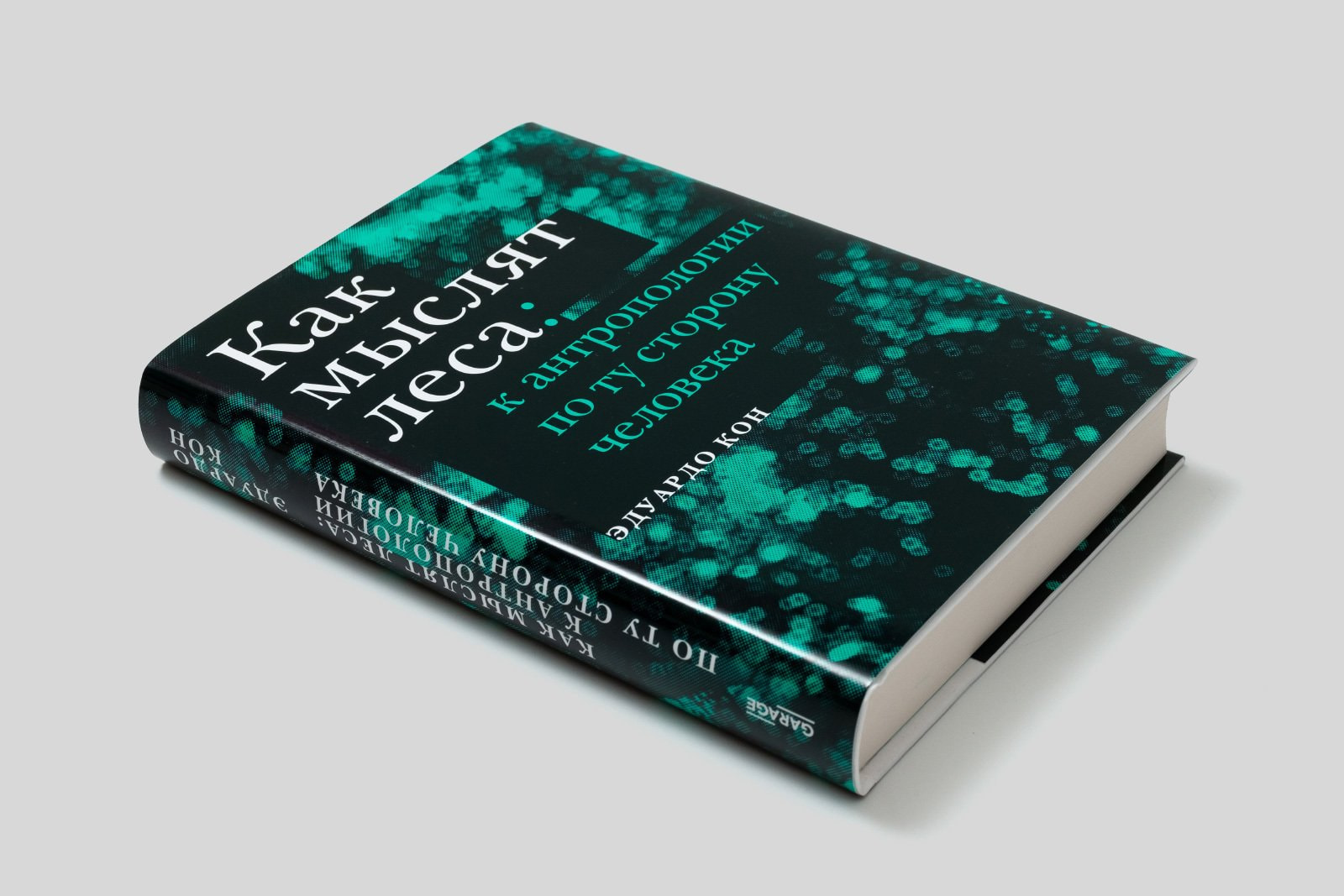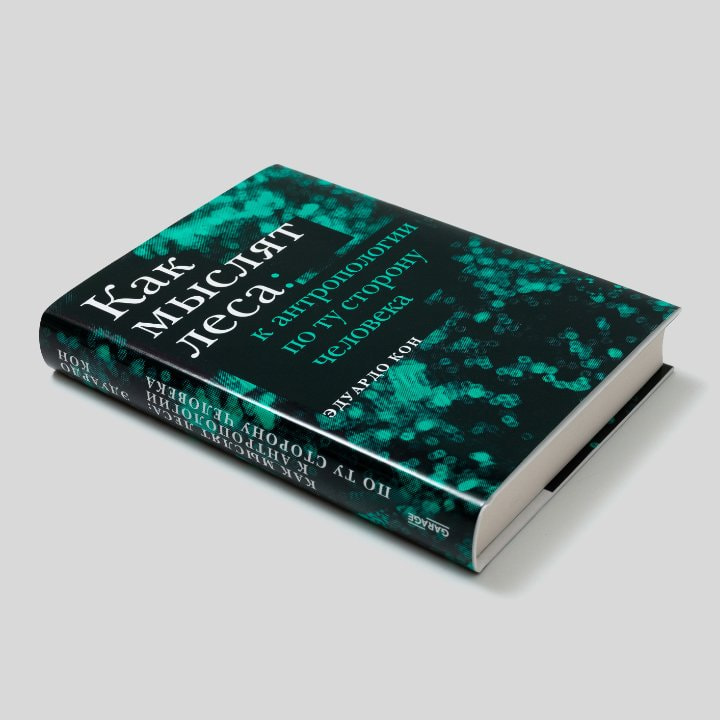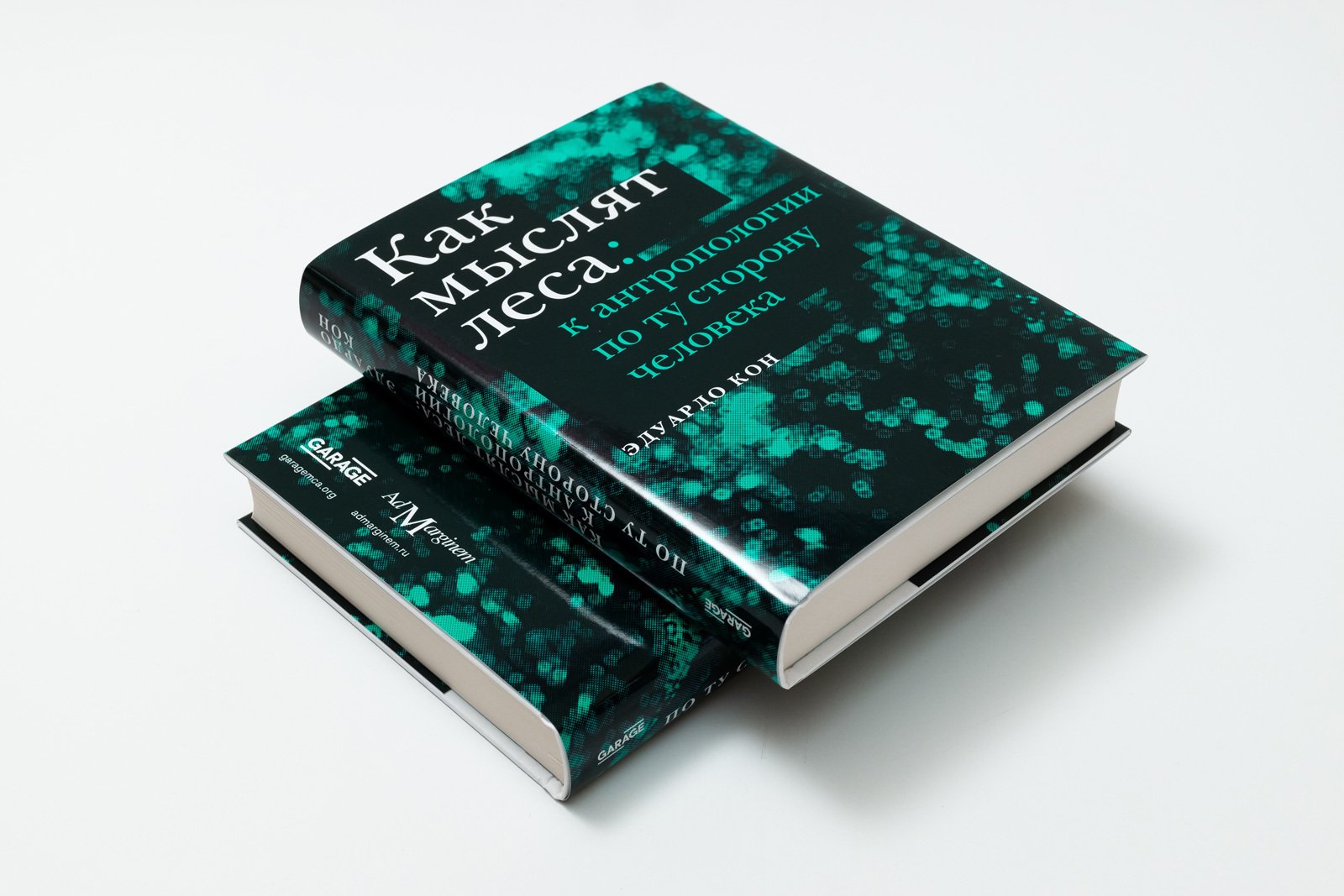Eduardo Kohn offers an alternative to the traditional anthropocentric understanding of nature, culture, intelligence and language.
How Forests Think: Toward an Anthropology Beyond the Human sums up years of Kohn’s ethnographic research among the Runa tribes of Ecuador’s Amazon Jungle. However, the book’s ambition goes far beyond its ethnographic context. Offering a critique of the anthropocentric analytical approach of contemporary social and cultural anthropology, Kohn suggests a move beyond what he calls a limited human idea of culture and language and to "an anthropology beyond the human" that will recognise non-humans as active semiotic agents.
According to Kohn’s hypothesis, all forms of life create meaning, and therefore all living creatures can think and learn. Arguing that any earthly creature that can communicate through signs can be said to have a personality, he outlines a complex "ecology of selves," that encompasses humans and other living beings.
Among other sources, Kohn refers to theories by Bruno Latour, Donna Haraway, and Eduardo Viveiros de Castro, whose books have also been published in Russian by Garage and Ad Marginem Press.




